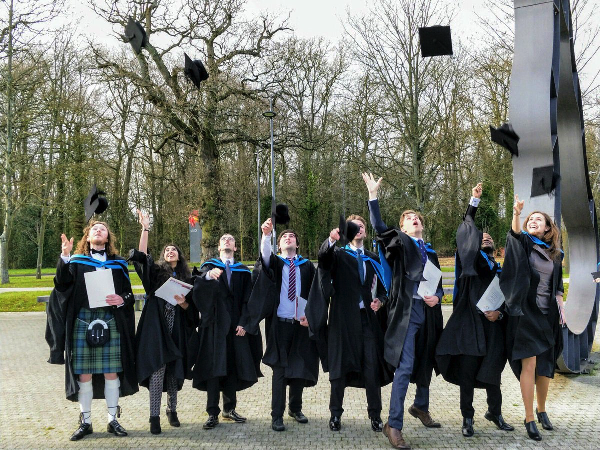MathSys PhD - Entry Requirements
The Mathematics for Real-World Systems CDT currently has a limited number of fully funded PhD studentships available for students to apply to.
Applicants must be able to commence on the PhD by July 2024 at the latest.
General entry requirements
Minimum requirements
First Class Honours undergraduate integrated Master's (4-year) degree from a UK university in Mathematics or a science degree with high mathematical content, or the equivalent qualification and grade from a non-UK university.
Alternatively, applicants who have a Bachelor's degree AND a Distinction in a postgraduate Master's degree would be considered.
English language requirements
You can find out more about our English language requirementsLink opens in a new windowLink opens in a new window. This course requires the following:
- Band A
- IELTS overall score of 6.5, minimum component scores not below 6.0
International qualifications
We welcome applications from students with other internationally recognised qualifications.
For more information, please visit the international entry requirements pageLink opens in a new windowLink opens in a new window.
References
Your application must contain two references from academic staff who have taught you on your current or most recent degree.
The University will accept professional references if you have been out of higher education for over two years. These must be submitted by your current or most recent line manager. Please note that personal references, such as those from family and friends, are not acceptable.
Please note: if any of your qualification documents are not in your current name, you will also need to provide evidence of your change of name. This can be uploaded in the same file as your qualification documents within the application system.
Please also see Applying for the PhD, for further information on the PhD Programme and application guidelines.
Contact the CDT Administrator

